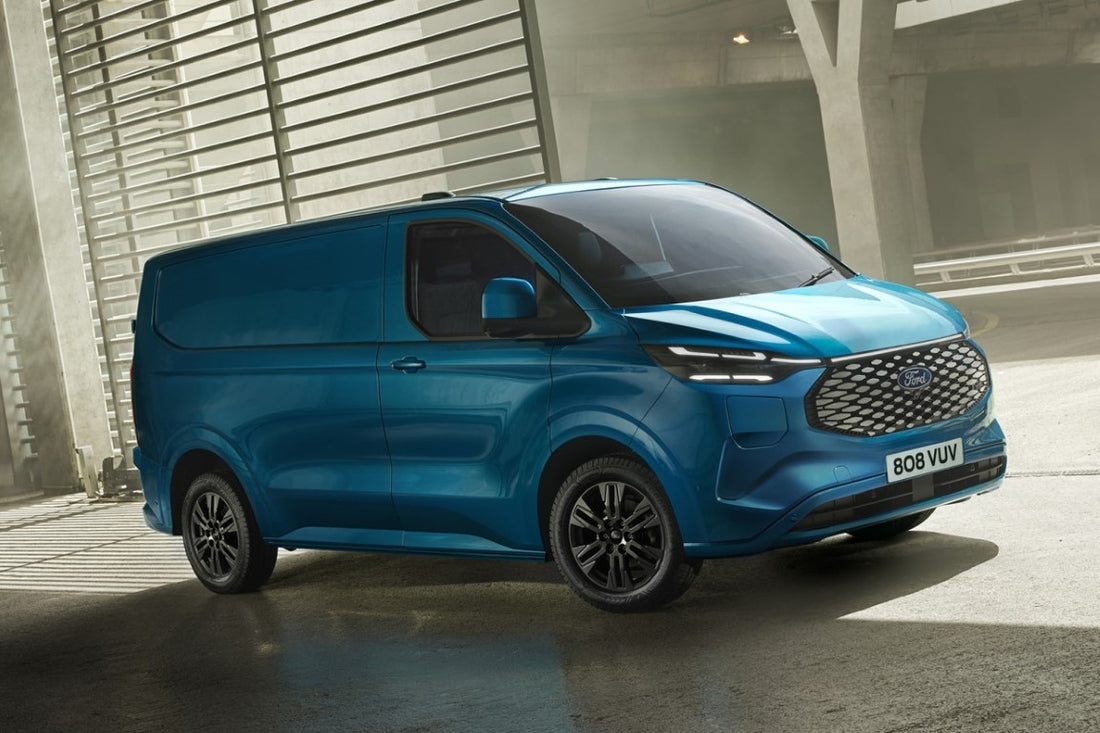Debunking the Drivetrain Dilemma
As the world grapples with the urgent need to combat climate change, the automotive industry has witnessed a surge in electric vehicle (EV) adoption. With their promise of zero tailpipe emissions, EVs are often hailed as the greenest solution for sustainable transportation. However, to fully understand their environmental impact, it is crucial to compare different drivetrain types, including plug-in hybrids, self-charging hybrids, fully electric vehicles, and traditional combustion engines. In this article, we delve into the data to determine which option emerges as the greener choice based on the most recent findings.
Combustion Engines:
Traditional petrol and diesel vehicles have long dominated the roads, but they come with a significant environmental cost. Internal combustion engines emit greenhouse gases and air pollutants during operation, contributing to global warming and local air quality issues. While advancements in technology have improved their efficiency, they still lag behind in terms of environmental friendliness.
Plug-in Hybrids (PHEVs):
Plug-in hybrid vehicles combine an internal combustion engine with a battery and an electric motor. They offer the flexibility of running on both gasoline and electricity. PHEVs generally have limited electric-only range, relying on the combustion engine for longer trips. While they offer reduced emissions during electric mode, their overall environmental impact depends on how frequently they are charged and driven in electric mode.
Self-Charging Hybrids:
Self-charging hybrids, also known as conventional hybrids, utilize regenerative braking and a small electric motor to assist the internal combustion engine. They do not require external charging and primarily operate on petrol or diesel. While they offer improved fuel efficiency and lower emissions compared to conventional vehicles, they still rely on fossil fuels for most of their energy needs.
Fully Electric Vehicles (EVs):
Fully electric vehicles run solely on electricity stored in their batteries, producing zero tailpipe emissions. They offer the most promising potential for decarbonizing the transportation sector. However, the environmental impact of EVs depends on the source of electricity used for charging. In regions with a high percentage of renewable energy in the grid, EVs have a significantly lower carbon footprint compared to other drivetrain types.
Analyzing the most recent data, it becomes evident that electric vehicles, particularly fully electric ones, emerge as the greener option compared to petrol or diesel vehicles. While combustion engines continue to contribute to environmental degradation, plug-in hybrids and self-charging hybrids provide a transitional solution by offering reduced emissions and increased efficiency. However, it is crucial to note that the environmental benefits of plug-in hybrids and self-charging hybrids heavily rely on their usage patterns and the source of electricity for charging.
Fully electric vehicles, when charged with renewable energy, present the most sustainable option, significantly reducing greenhouse gas emissions and air pollution. As the global shift towards renewable energy sources accelerates, the environmental advantage of EVs will continue to grow.
To achieve a truly sustainable transportation future, it is essential to not only promote the adoption of electric vehicles but also invest in renewable energy infrastructure. By embracing renewable energy and transitioning to electric mobility, we can drive towards a cleaner, greener, and more sustainable future for our planet and future generations.










